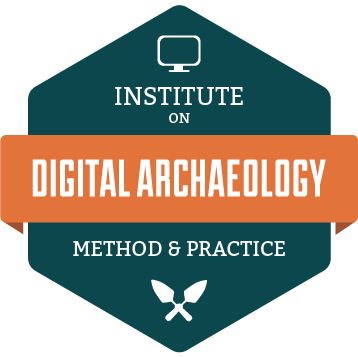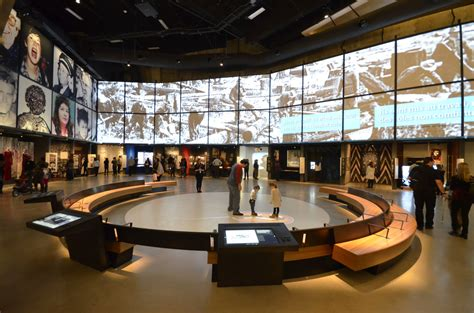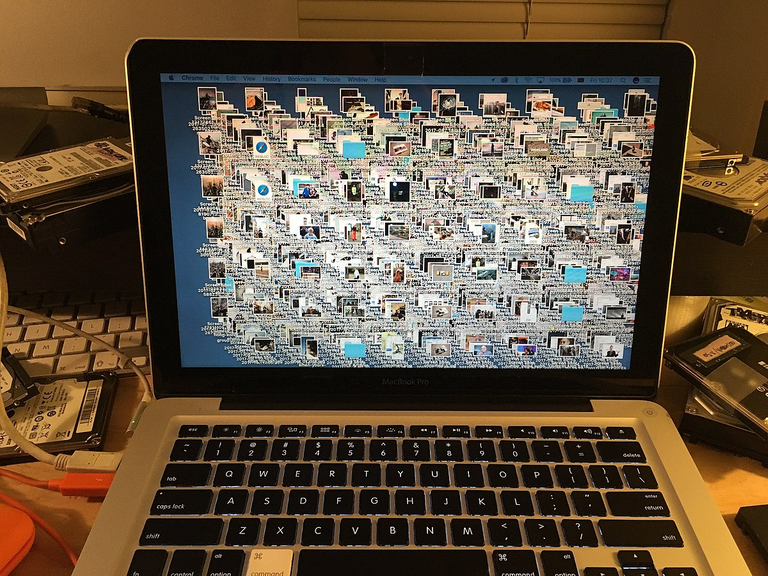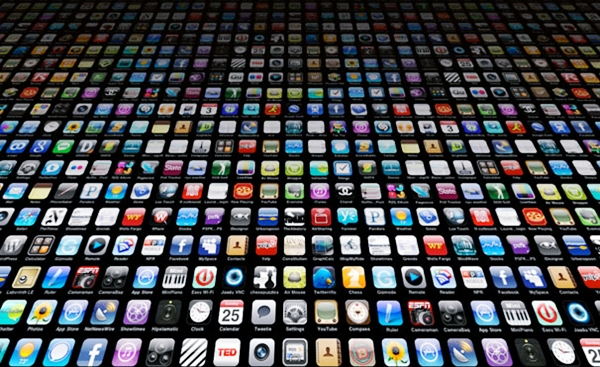In playing my hand at being a futurist (someone trying to predict the future based upon trends and observations today) I envision in the future there will be a need to be a position known as a digital archaeologist.

(Image Source: digitalarchaeology.msu.edu)
Digital Archaeologist
What would they do?
The internet began to hoard and collect information, creation, and discussions at an accelerating pace. Most of what was collected was not something particularly valuable to society. It was only valuable at the time to the people involved in its creation. There is so much of this that finding the things of interest requires patience and digging through the heaps of material.
A digital archaeologist might end up being someone that looks through old content hoping to find things of interest, lost stories, lost thoughts, music that is good but never attracted attention, etc. Perhaps they will find things that never were viral at their creation but in the future might evoke viral interest. Perhaps they will find things about history that are conveniently censored, forgotten, or portrayed in a very different way.
Will there be digital museums that have exhibits?

(Image Source: signmedia.ca)
Will archaeologists write up their findings and publish them as some form of NFT?
Will they have patrons that hire them to pursue specific things? Histories detectives...
I am a hoarder...
I like to hoard things. For the first part of my life it was books, and music (cassettes, CDs, vinyl, etc.). I come from a family that is known to hoard things. My grand mother had all kinds of "junk" in various places all over her property. I could envision someone like "American Pickers" cruising by her property when she was still alive and perhaps finding something they wanted.

(Image Source: wikipedia)
I did not escape that desire...
Growing up poor you take care of everything you have and acquiring new things is a big deal. As time changed acquiring things became easier and easier and a lot of it is manufactured at a very inferior quality. A lot of the things we hoard just become junk and trash.
Fortunately other than my books and such I found a way to avoid having junk all over my house and property.
I hoard digital content. Music, movies, games, tools, art, etc.

(Image Source: capitalwired.com)
I have a vast and every growing collection. I also hoard my ideas in the form of how many of them I write. I've written enough here and on steemit that at times I find it difficult to find my old posts. Many of them I no longer remember. They are simply out there being buried as I create more content. Before I wrote in digital format for years I used to pack boxes full of notebooks with ideas, stories, etc. that I wrote in them. Eventually I got rid of those.
Yet I am not the only person doing this.
The Future
Who knows what that digital archaeologist of the future might consider important? I don't. Could some of us here have planted seeds for things that are important in the future and we don't know it? We may not live to see it. Yet it could be the case.
I don't have anything else I wish to say on this at the moment. It was just an interesting thought that my mind was demanding I write before it would free me to go onto other pursuits today.
The future is digital and Archeology would not be out of this trend. By the way, I think this sector of Science will be completely revolutionary (especially for those who like Ancient History).
Yeah. Writing nice data mining agents that comb through old data looking for things that might be interesting to you based upon the criteria you provide.
I am a child of the pre-computer and internet era. Therefore, I lack the imagination to find a digital archeology more exciting than such artefacts of a material nature.
I understand archeology in relation to the human species in the way that one sought to understand the culture of earlier ancestors.
A digital archeology presupposes that computers and the internet will exist in the future, which for me raises the question of how many billions of data one has to sift through to find something interesting for oneself and others...
You would still have to solve the problem with the search engines (?), because as far as I know the current search engines only return the strongest and most frequented pages if you are not really good at entering keywords. Maybe then, as a future archaeologist, you would first have to study linguistics in order to have results that are buried away from the masses.
What is actually interesting to me at the moment is what is NOT to be found on the net and my keyword or phrase hardly shows any hits. Because I think to myself that I certainly can't be the only one who has searched for that particular thing. The increasing flattening of search results bothers me a lot.
Old books that, unlike on the net, can no longer be edited, I imagine, will not lose value but, on the contrary, will become highly traded commodities the less they appear in print.
What strikes me personally, since I also hoard a lot of data, is that I use it much less than material stock. It is too tedious for me to maintain an order and sometimes I manage to create it to some extent. Compared to my real drawers and cupboards, I lack a meaningful impression. Digital texts, for example, are odourless, tasteless, you can't touch them, hold them to your nose and smell them. When I open old boxes, the smell of the past comes to me and I like that.
But I can imagine that after my death, my son might want to find out something about me in my digital data and will probably find a lot, as long as the hard drives and backups survive or even my blogs on the net.
I once wrote something about clutter that fits this to some extent.
I foresee Digital Archaeologists using tools they make themselves or that are made specifically for data mining. Like search engine technology they would need to CRAWL the web and internet looking for things. They would not necessarily need to look for things the same way a search engine does. The archaeologist would need to tune the tool similar to a search engine but since it is not searching for a specific thing it'd likely be more about criteria used to try to detect things of interest.
I am somewhat of a hoarder also. Mostly in the digital sense as well though I do have a fairly large hoard of books, magazines, video games and computer stuff.
I also play at being a digital archaeologist sometimes. I found some old 5.25" floppy disks years back at a thrift store and have been posting their contents here. Sure, only a few decades old but in digital terms that's an eternity. I think being a digital archaeologist would be fascinating. Too bad nobody will pay me to do it today.
While there are far more digital artifacts that digital ones, the digital ones are lost so easily. I wonder how many people have lost years worth of photos because they didn't have a backup? There is sort of a dichotomy when it comes to digital things. They can almost literally last forever yet they can also be lost utterly and completely in the blink of an eye.
If you make any decent votes on what you post here from things you find then that is a step towards getting paid to do it. There may also be opportunity in the NFT field in the future with regards to Digital Archaeology. Then if you prove to be really good at it crowd funding, patreon, subscribestar, etc. Those might make it possible to be a job. I suspect other possibilities will arise.
P.S. Wow, your desktop is the messiest I've ever seen! And I thought I am cluttering :) my man always teases me with it.
Heh that is a photo I used from the sites I listed as the source. That is not my desktop. I don't use the actual desktop that often, I use quick launch which is minimal, things like Steam, GOG Client, and web browser / bookmarks for most of what I do.
That's why I like hive (or storing my texts online), for they appear here in order of the date/month/year. It's giving up privacy, though.
Yes it is nice. As your collection becomes large it can still be really tricky to find something you wrote awhile ago. Some way to quickly browse just the titles of your articles and click on them for quick access to older things would be a refreshing thing.